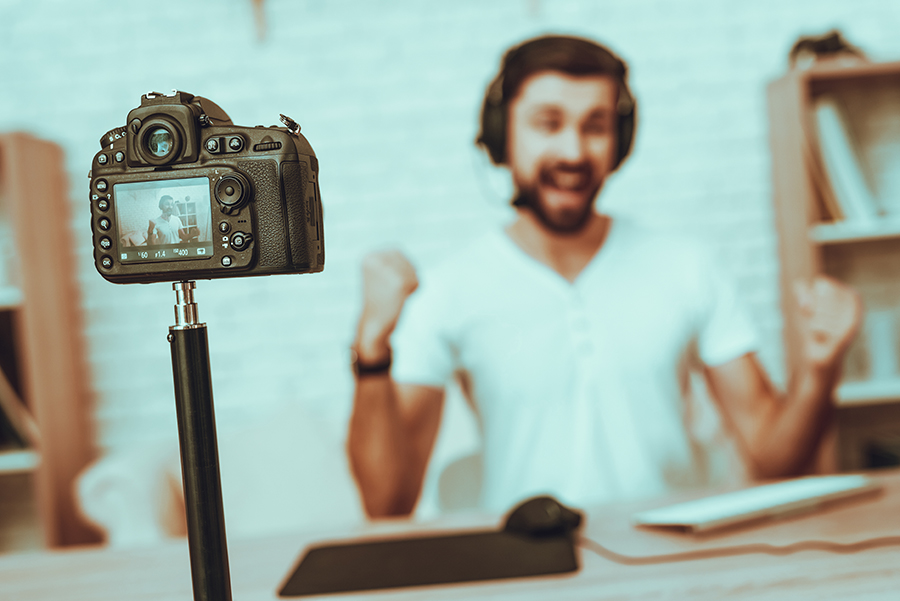Many young people are launching careers through various types of platforms, especially streaming platforms, which have exploded across forums such as Kick, Twitch, YouTube, Roblox and others. It is essential for aspiring streamers to understand the legal implications of such a highly visible profession.
Parental Consent and Minors Using Social Media
Social media platforms have varying requirements for underage users, particularly regarding parental consent. In the U.S., children under 13 must have verifiable parental consent to use streaming services, mandated by the Children’s Online Privacy Protection Act (COPPA).
COPPA requires platforms to provide parents with “direct notice” before collecting personal information from children under 13. Parents have the right to access, review, and delete their child’s data, as well as revoke consent at any time. Parental consent is typically verified through methods like credit card authentication, signed forms, or follow-up emails. Failing to obtain proper consent can result in fines, account termination, and reputational damage.
The Dangers of Social Media and Bad Actors (Roblox & Twitch)
Roblox
Streaming platforms popular with children can attract bad actors who exploit chat features to build trust and potentially harm young users. Roblox, for example, has responded by implementing robust parental controls and a reporting system for games, players, and messages. As a COPPA-certified platform, Roblox regularly reviews its privacy policies to protect user data, and works with authorities to report incidents of child exploitation to the National Center for Missing & Exploited Children.
Roblox is currently facing a lawsuit involving allegations of child sex abuse, as an increasing number of families are suing the platform after discovering that their children were exploited and groomed through Roblox. Predators reportedly used in-game chat features to communicate with victims, eventually escalating conversations to other messaging platforms such as Snapchat and Discord. Frustrated parents accused Roblox of allowing these predators access to the platform and failing to implement adequate safeguards to protect child users. The legal claims assert that Roblox breached its duty of care to its users, specifically children, by failing to implement sufficient safety measures to prevent predators from abusing the platform.
Twitch
Twitch, a popular streaming platform among minors, has age restrictions in place, yet children under the age of 13 often bypass the restrictions by entering false birthdates. Once on the platform, many children use features like live streaming or “Just Chatting” to interact with others, often without understanding the risks. Young users frequently share personal details, with studies showing 47% disclose their names and 50% disclose their locations. Information like livestream times and cities can give bad actors enough context to pose serious safety risks to child users.
Who is Responsible for Guests on your Platform?
Many social media creators invite guests onto their platforms to help broaden their audience reach. Generally, the streamer is held responsible for anything produced on their broadcast, regardless of whether it was something they said or did, or if it was an action of their guest. Additionally, each platform has specific rules governing guest behavior. YouTube requires guests to follow its general guidelines. Similarly, Twitch holds streamers accountable for everything broadcasted on their channel, including guest conduct. Any violations of Twitch’s community guidelines by guests can result in penalties for the account holder.
What Happens When the Chat gets Out of Control?
Streamers are responsible for maintaining respectful behavior in their chat by setting clear guidelines and actively moderating discussions. They should address harassment, hate speech, or discrimination and lead by example. Streamers who allow inappropriate behavior to persist, or instigate such behavior, can face community guideline violations, stream removal, or even account bans. Major streaming services strictly prohibit harassment, promotion of violence, or any other encouragement of dangerous behavior.
Under the Digital Millennium Copyright Act (DMCA), online service providers are protected through a notice-and-takedown system that enables copyright holders to report infringement and have unauthorized content removed. Each platform uses tools such as report forms or rights management tools, where users submit takedown requests by providing details and relevant URLs of the offending content.
Do you Need Insurance for your Social Media and Streaming Operations?
Streamers often film in public or semi-public spaces, including social experiments or public reactions. Privately owned businesses have the right to restrict filming on their premises, and streamers may be asked to leave if they disrupt customers or operations. Additionally, some jurisdictions require filming permits, especially when using extensive equipment or a recording crew.
If you have questions or would like to learn more about legal rules regarding social media and content production, do not hesitate to contact one of our experienced business attorneys at EPGD Business Law in Miami, Florida. Call us at (786) 837-6787 or email us to schedule a consultation.



